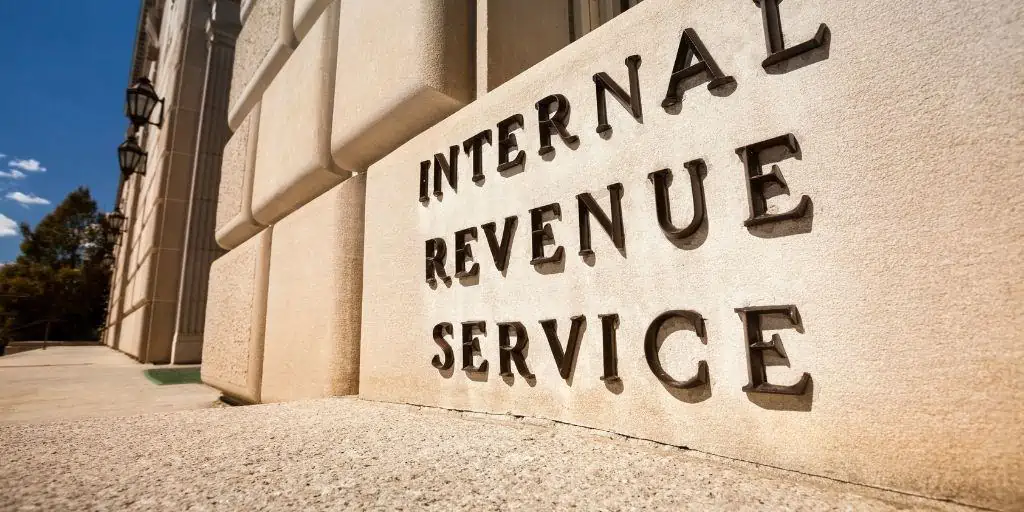What Is Security Interest?
Shortcuts
- A security interest is a lender’s legal right to claim the property pledged (called the collateral) in the case of a default on the loan.
- A security interest compels borrowers to repay what they owe accordingly and convince the lender of their creditworthiness.
- The Uniform Commercial Code (UCC) Article 9 regulates how a security interest attaches to collateral.
- A non-possessory security interest permits borrowers to keep the collateral while paying off the loan, whereas a possessory one entitles the creditor to hold the asset until the debt is paid.
What Is the Purpose of Security Interest?
The purpose of a security interest is to keep a borrower accountable for their loan. The threat of a lender exercising their right of security interest—i.e., taking the debtor’s personal property in return for the unpaid loan—keeps the borrower paying in full and on time.
With a security agreement, a lender can seize collateral (the asset pledged to secure the loan) to recover the amount they lent, with or without the borrower’s cooperation[1].
In other words, a security interest assures the lender that the borrower can return the money.
In addition, a security interest increases a borrower’s creditworthiness. Therefore, a security interest helps mitigate risk and allows the borrower to negotiate the loan terms[2].
Security Interest vs. Lien
A security interest is a legal claim that gives a creditor the right to take possession of collateral in the event of a default, while a lien is a broader legal claim or encumbrance on a property or asset that secures a debt or other obligation.
The difference between a lien and a security interest is that a lien is a legal claim that can exist without a loan. Every secured loan lender is a lienholder, but not every lienholder is a lender.
Unlike a security interest, a lien does not necessarily give the creditor the right to take possession of the property. Still, it does give them a legal claim to the proceeds of the sale of that property if the borrower defaults on the debt. A lender will typically use a UCC financing statement to announce a lien securing a loan.
The Internal Revenue Service is a good example. If a person owes overdue federal taxes, the IRS becomes a lienholder on everything that person owns, including their home, accounts receivable, and other assets[3].
3 Requirements of a Security Interest
The three requirements to create a security interest are transferred value, a person’s control over the collateral, and a written agreement or the creditor’s possession of the collateral.
In other words, most security interests only become valid when:
- The creditor gives value in exchange for the collateral.
- The borrower has the rights to the property they want to pledge.
- The borrower and creditor sign an agreement identifying the collateral, or the pledged property is under the creditor’s custody.
Attachment[4] can’t happen when one or two of the above elements are missing, according to Article 9 of the UCC[5]. That’s why a verbal agreement that uses a property under someone else’s name as collateral is insufficient to legally grant the creditor a security interest in exchange for the loan.
Types of Security Interest
The two categories of security interest are who gets to keep the collateral and which items can be used for a secured transaction.
For the first category, there are two types of security interests are:
- Non-possessory security interest means the creditor keeps the collateral until the borrower completes repayment.
- Possessory security interest means the collateral stays with the homebuyer as long as they fulfill your financial obligation.
For the second category, secured lenders will ask for one of three options to secure a loan: personal property, real property[6], and suretyship.
- Personal property is the most common type of collateral when taking out a loan. However, it tends to have a relatively lower value, and repossessing it can be costly and tedious. It’s not uncommon for a secured creditor to feel less inclined to take legal steps and spend additional resources to seize it.
- Real property makes more attractive collateral because real estate usually appreciates[7].
- A surety bond[8] guarantees that the lender still gets their money even upon default. Involving a guarantor helps offset the high risk the borrower represents. As a result, the creditor may agree to not only loan the amount needed but also lower the interest rate and make the debt less expensive.
Examples of Security Interest
A good example is the vehicle one buys after taking out a car loan. The new owner can drive it around or keep it in the garage while repaying debt. As long as they don’t miss payments a certain number of times, they can reasonably expect not to deal with repo men. This is a non-possessory security interest.
Meanwhile, pawning a piece of jewelry at a pawn shop[9] is an example of possessory security interest. The cash earned is essentially a loan, and the jewelry is the collateral.
Security Interest in Real Property
A security interest in real property typically refers to the home backing a mortgage loan. The property that secures payment can be a single-family detached house, a townhouse, or a condo unit.
In a land loan, the empty parcel acts as collateral[10]. Improved or not, it’s not as valuable as a nearby lot with a finished structure on top of it, but it’s better than no security at all.
In a construction loan, the land and any structure on it act as collateral. Although these security agreements may inspire more confidence in the lender than raw or unimproved land, they’re still riskier than a standard mortgage. After all, there’s no guarantee that the project will be completed by the property owner.
Sources
- Remedies Outside the Box: Enforcing Security Interests Under Article 9 of the Uniform Commercial Code. (2012, August 31.) American Bar Association. Retrieved from https://www.americanbar.org/groups/business_law/publications/blt/2012/08/03_cabral/
- Dellinger, A. (2022, October 14.) How interest rates affect debt. Bankrate. Retrieved from https://www.bankrate.com/loans/personal-loans/how-interest-rates-affect-debt/
- Edwards, C. (2018, June 21.) Do IRS Liens Have Priority Over Mortgages? SF Gate. Retrieved from https://homeguides.sfgate.com/irs-liens-priority-over-mortgages-7035.html
- Gordon, J. (2021, September 26.) Attachment of a Security Interest – Explained. The Business Professor. Retrieved from https://thebusinessprofessor.com/122296-law-transactions-amp-risk-management-commercial-law-contract-payments-security-interests-amp-bankruptcy/attachment-of-a-security-interest
- The New UCC: Article 9’s Revised Filing and Perfection Requirements. (2018, April 6.) FindLaw. Retrieved from https://corporate.findlaw.com/business-operations/the-new-ucc-preparing-for-article-9-s-revised-filing-and.html
- What is “real property” and what is “personal property”? (2023, February 24.) Illinois Department of Revenue. Retrieved from https://tax.illinois.gov/questionsandanswers/333.html
- Dunn, A. (2022, August 30.) What is the average home value increase per year? Credit Karma. Retrieved from https://www.creditkarma.com/home-loans/i/average-home-value-increase-per-year
- Grayson, L. (2016, October 26.) How to Get a Surety Bond. Chron.com. Retrieved from https://smallbusiness.chron.com/performance-bond-vs-surety-bond-60396.html
- O’Shea, B. & Veling, J. (2021, July 22.) Should You Take a Pawnshop Loan? NerdWallet. Retrieved from https://www.nerdwallet.com/article/loans/personal-loans/pawnshop-loans
- Sanders, S. (2020, May 20.) Why Do Banks Treat Lot And Land Loans Differently? Lot Network Blog. Retrieved from https://blog.lotnetwork.com/why-banks-treat-lot-and-land-loans-differently/








